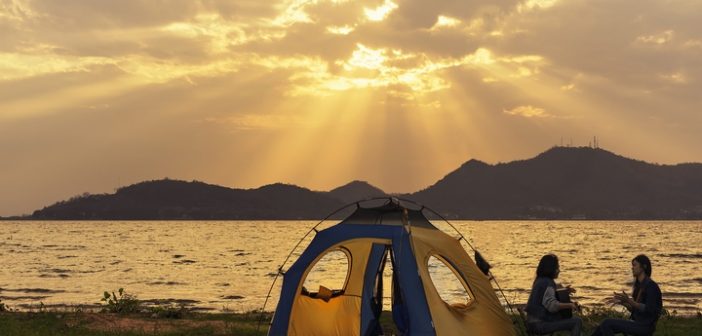Anytime you feel the urge to spend some time with nature; it’s essential you make preparations ahead of time. When you’re out in the wilderness, things can quickly escalate from calm to out of control. Use these 7 essential camping safety tips that will help you have an enjoyable experience!
Tip #1: Be Diligent With Fire Safety
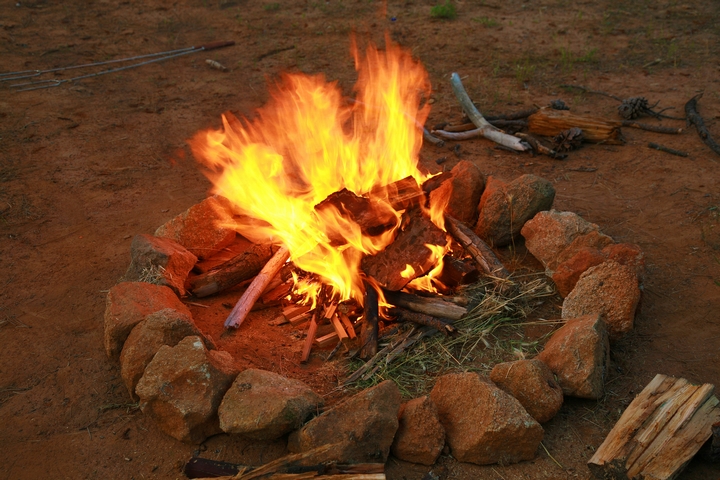 Fire is an essential and fun part of any camping trip, but you need to be prepared to take responsibility for creating a safe environment. Keep the small details in mind like which way the wind is blowing and if the smoke will be blown towards any of your stuff. Clear the area of any dry debris in case an ember sparks a fire outside of the contained area.
Fire is an essential and fun part of any camping trip, but you need to be prepared to take responsibility for creating a safe environment. Keep the small details in mind like which way the wind is blowing and if the smoke will be blown towards any of your stuff. Clear the area of any dry debris in case an ember sparks a fire outside of the contained area.
Double check that the wind is blowing smoke and embers away from your tent and away from any potentially flammable material. If you’re camping with children, be sure to educate them on basic fire safety.
Tip #2: Get An Idea Of Local Wildlife Before Heading Out
 One of the best ways to stay safe while camping is to familiarize yourself and your family with the wildlife in the area. Find out in advance if the campsite is having trouble with bears or other dangerous animals. If you know which animals are in the area, you can stock up on supplies such as mace or pepper spray.
One of the best ways to stay safe while camping is to familiarize yourself and your family with the wildlife in the area. Find out in advance if the campsite is having trouble with bears or other dangerous animals. If you know which animals are in the area, you can stock up on supplies such as mace or pepper spray.
Make sure you cover your food and dispose of your trash properly, so animals aren’t attracted to your campsite. Most animals are just looking for extra food, so cleaning up after yourself will help keep them at bay.
Tip #3: Look Out For Obstacles While Camping
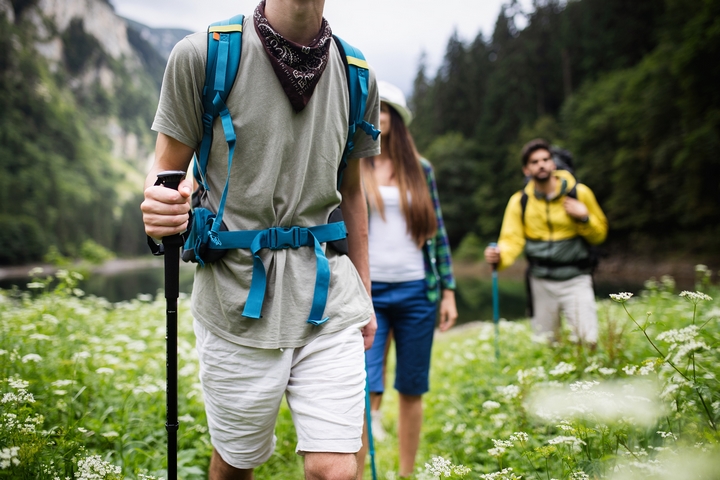 Getting injured can ruin your entire camping trip. You’d be surprised how frequently people get hurt out in the wilderness simply by losing their balance and falling. Anytime you’re out camping; you need to be aware of your surroundings. If you go hiking, make sure you watch your step and avoid uprooted trees.
Getting injured can ruin your entire camping trip. You’d be surprised how frequently people get hurt out in the wilderness simply by losing their balance and falling. Anytime you’re out camping; you need to be aware of your surroundings. If you go hiking, make sure you watch your step and avoid uprooted trees.
Make sure your camping site is far away from any caves or dangerous cliffs. Remember to keep track of where the paths are and try not to create your own path or shortcuts unless you are truly familiar with the area.
Tip #4: Set Up Camp During The Day
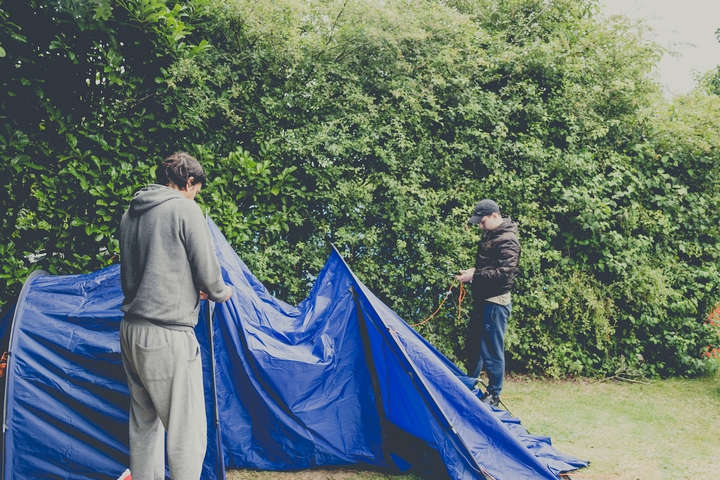 One of the biggest mistakes beginner campers make is arriving at the campsite much too late. Setting up a safe camp in the dark is a difficult task, even for experienced campers. Use the daylight to your advantage to make it easy to create a safe and comfortable campsite. Arriving early gives you the time to explore your surroundings, set up your tent, and build a campfire for cooking your meals. Attempting to do these tasks in the dark is just asking for trouble.
One of the biggest mistakes beginner campers make is arriving at the campsite much too late. Setting up a safe camp in the dark is a difficult task, even for experienced campers. Use the daylight to your advantage to make it easy to create a safe and comfortable campsite. Arriving early gives you the time to explore your surroundings, set up your tent, and build a campfire for cooking your meals. Attempting to do these tasks in the dark is just asking for trouble.
Tip #5: Minimize The Impact You Leave On The Camping Grounds
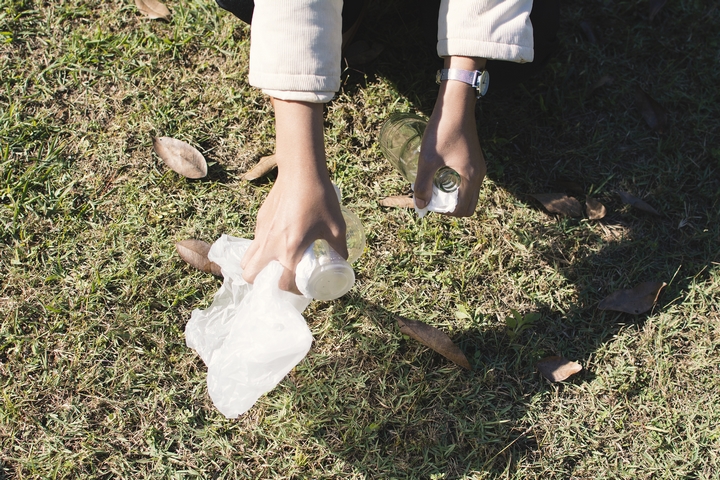 It’s important to recognize the role you play in keeping your environment clean. Going out of your way to be ecologically mindful ensures that people in the future will be able to continue to use the campsite. Regardless of whether you’re staying at a campsite or a camping resort, be mindful of how you’re handling your trash and what you’re doing with leftover food.
It’s important to recognize the role you play in keeping your environment clean. Going out of your way to be ecologically mindful ensures that people in the future will be able to continue to use the campsite. Regardless of whether you’re staying at a campsite or a camping resort, be mindful of how you’re handling your trash and what you’re doing with leftover food.
Bring extra trash bags in case you see garbage left behind by other campers. When it comes to human waste, make sure you dispose of everything far away from your camp. The scent of urine and feces can attract wild animals to your campsite. You can bury your waste in the ground to avoid attention from animals.
Tip #6: Only Bring Trained Animals With You
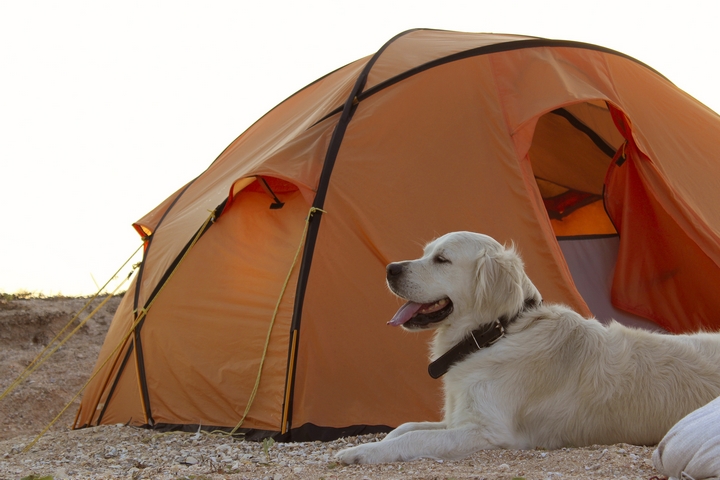
While it may seem like a fun idea to bring your pet with you, it’s important to keep their safety in mind. Young or non-obedient animals can often find themselves in trouble when you’re out camping. When you’re out in the wilderness, there are a ton of distractions for your dog. It’s important that they are able to obey your commands when coming across other campers or wildlife.
You may need to bring extra water for your pet if there is no safe drinking water in your camping area. Dogs are still vulnerable to common water-borne illnesses you’ll find in lakes and rivers. Finally, it’s also a good idea to ensure all vaccinations are up to date before bringing your pet on a camping trip. Vaccines and flea/tick medications are essentials anytime you bring a domesticated animal into the wild.
Tip #7: Make Sure To Pack A First Aid Kit
 First aid kits are great items to have on hand just in case. You can buy a pre-packaged first aid kit at the store, but it’s important to add your own safety items to the kit. Make sure you have plenty of bandages, antiseptic creams, and sterile wipes. It’s also a good idea to bring pain and anti-inflammatory medicine. Tools like tweezers, safety pins, scissors, and knives can also come in handy.
First aid kits are great items to have on hand just in case. You can buy a pre-packaged first aid kit at the store, but it’s important to add your own safety items to the kit. Make sure you have plenty of bandages, antiseptic creams, and sterile wipes. It’s also a good idea to bring pain and anti-inflammatory medicine. Tools like tweezers, safety pins, scissors, and knives can also come in handy.

